Di., Mai 9th 2023
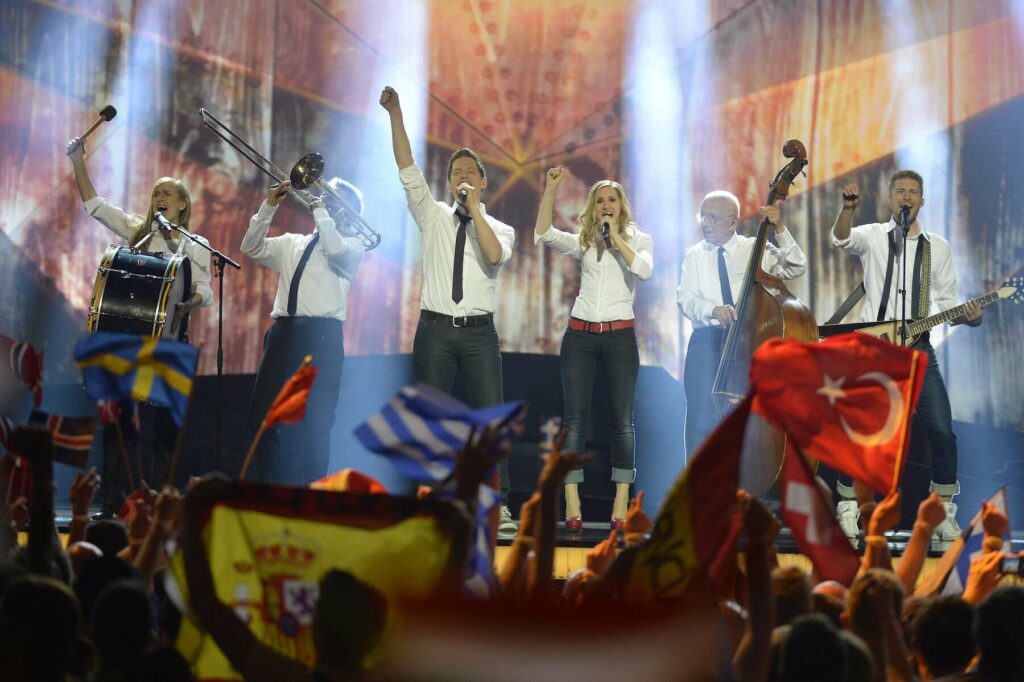
It’s that time of year again when millions of people, more than 160 million to be precise, tune in for the big, bold, wacky celebration of creativity and culture that is Eurovision.
For a huge portion of the world, Eurovision is a monumental tradition, a massive party, and a critical cultural moment. Many artists dream of representing their country on such a big stage.
“The Eurovision Song Contest is one of the greatest things you can do,” Remo Forrer, who is representing Switzerland this year at Eurovision, told SRF. “It has always been a dream, and I’m super happy that it’s now coming true.”
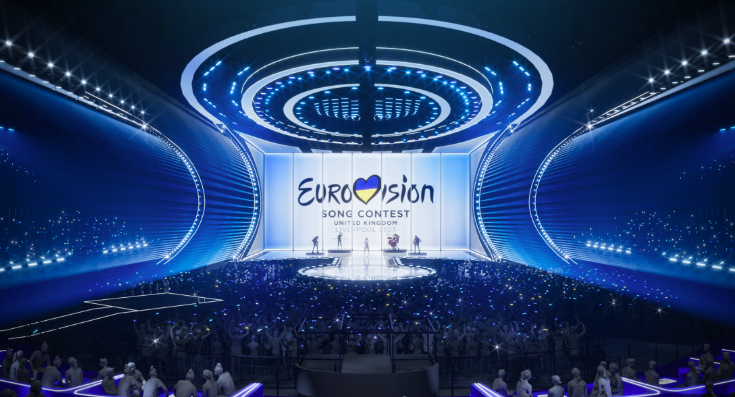
The Eurovision Song Contest (ESC) was initiated by the Geneva-based European Broadcasting Union in 1956. It was launched to bring people together in a deliberate attempt to foster unity after the Second World War.
The inaugural competition was supposed to be held in Italy, but instead, the Italian-speaking city of Lugano, Switzerland, was chosen.
This level of live, simultaneous, international broadcasting was experimental at the time. Switzerland’s central location and home to European Broadcasting Union (EBU) made the country a natural choice to host the first competition.
That year Switzerland’s Lys Assia won the first contest with the song “Refrain,” competing against six other nations.
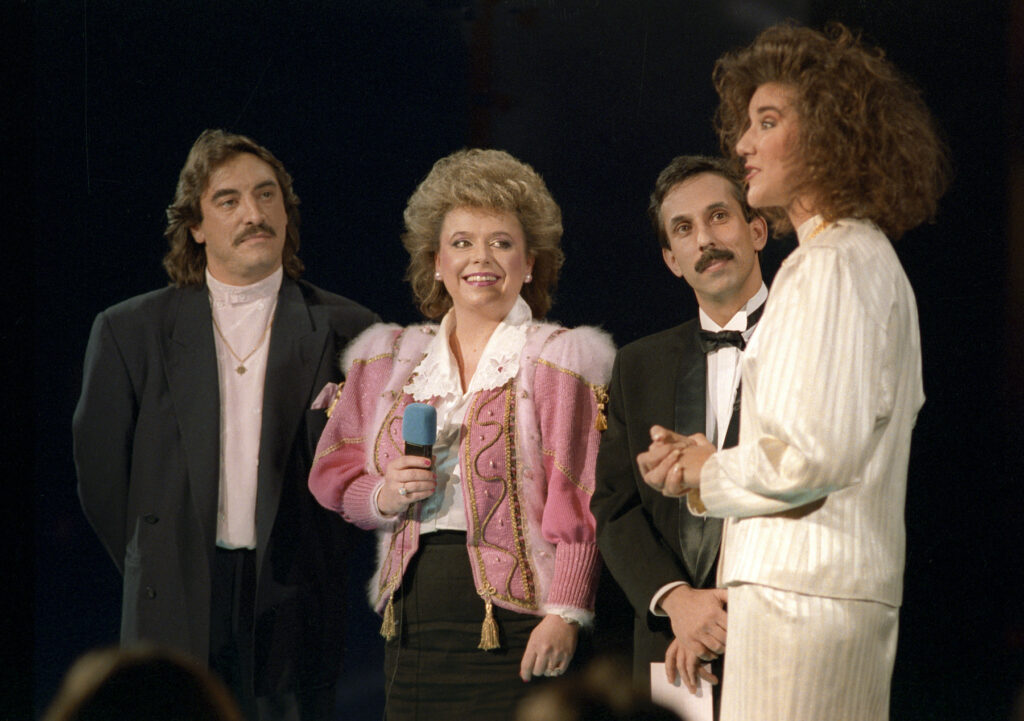
ESC has grown from seven countries to more than 40, including non-European nations like Israel and Australia. To participate, countries must submit an original song to be performed on live television und radio and transmitted to national broadcasters via the EBU’s Eurovision and Euroradio networks. Competing countries then cast votes for the other countries songs to determine a winner.
Under the current system, half the points come from professional juries, and half are from audience votes. To prevent more populous countries from an unfair advantage, Eurovision uses a positional voting system.
The coveted top prize equals dignity and bragging rights, a glass trophy, and a chance to host the following year’s competition. However, there’s no financial incentive to win. Hosting Eurovision is expensive — it can cost a country anywhere between 20-30 million Euros to host.
The last time Switzerland won the right to host was 1988 when the Swiss Eurovision committee invited Céline Dion to represent Switzerland — at this time, it was not required to be from the country you were representing.
Despite the hefty investment, most countries do everything they can to win. During the final, viewers watch 26 acts in two hours. Acts have to be memorable to stand out, which has led to some weird and wonderful live-TV moments. In 2006, for example, the Finnish death metal band Lordi won by singing “Hard Rock Hallelujah” while dressed as monsters.
But Switzerland’s 21-year-old Forrer isn’t intimidated by theatrics. The singer, who grew up in Eastern Switzerland, will perform his pop ballad “Watergun” on May 9 at the first semi-final in Liverpool.
To be selected as Switzerland’s chosen performer, Forrer had to win over a 20-person international jury and a panel of 100 spectators. Forrer is well-known in Switzerland after winning the third season of “The Voice of Switzerland” in 2020.
“Not only can I deliver under pressure; I also like to do it,” Forrer told SRF.
In 2020, when Eurovision was forced to cancel during the Covid pandemic, Netflix came out with a parody film called “Eurovision Song Contest: The story of Fire Saga” starring Will Ferrell and Rachel McAdams. For people stuck at home around the world – especially those in the United States who had never heard of Eurovision – the comedy was an education into the decades-old contest.
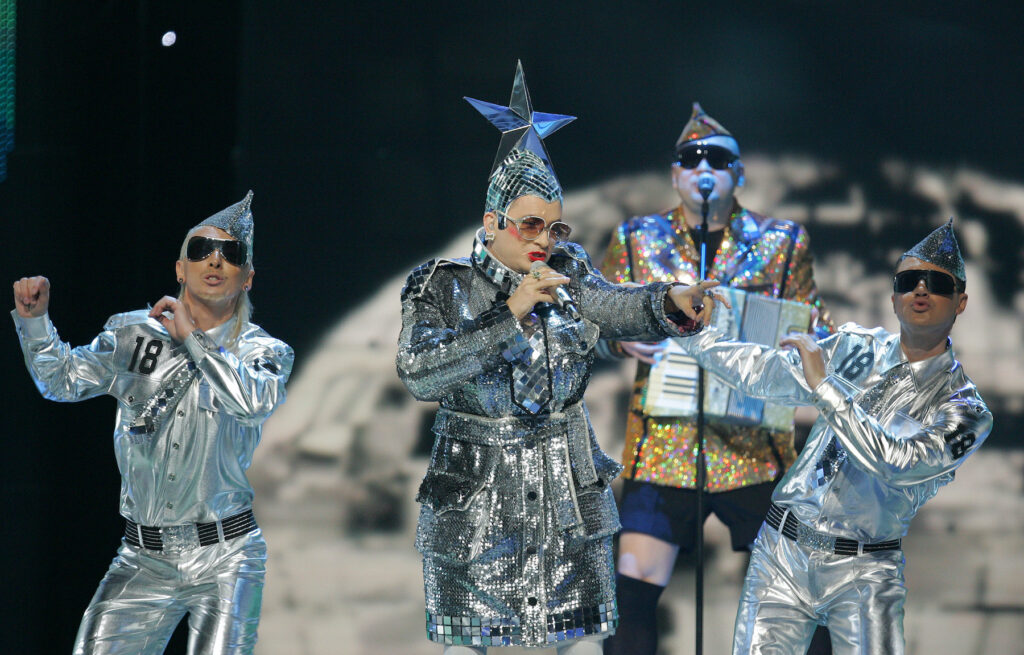
Performing live for an audience of 160 million people while representing your country is no small feat.
The Swiss-Canadian singer-songwriter, Rykka, who represented Switzerland at ESC in 2016 with their original song “The Last of Our Kind,” says Eurovision is a marathon, not a sprint. The decisive voting points are awarded in the final shows, but acts start chasing votes much earlier – including at the big ESC pre-parties.
“Eurovision is about much more than the music; it has a lot to do with the artist’s background, the audience’s relationship with the artist, and the country’s story,” explains Rykka.
“It’s about connecting personally with the audience, and there are a lot of factors that can connect the audience with the artist and the song. But you don’t really have control over the results, so as an artist, you can’t take the contest too personally.”
While touring, Rykka felt a sense of unity with other artists. “Everyone is really nice, and it’s awesome to meet people from different countries. Everyone is thrust into this crazy experience. It’s a vulnerable thing to do, and people are nervous, but artists usually connect with each other easily.”
Rykka says that Eurovision is truly a place for everyone.
“There were so many different kinds of people: quiet, loud, those who were full-time artists, and others who had a different career. There was space for a wide range of people,” Rykka says.
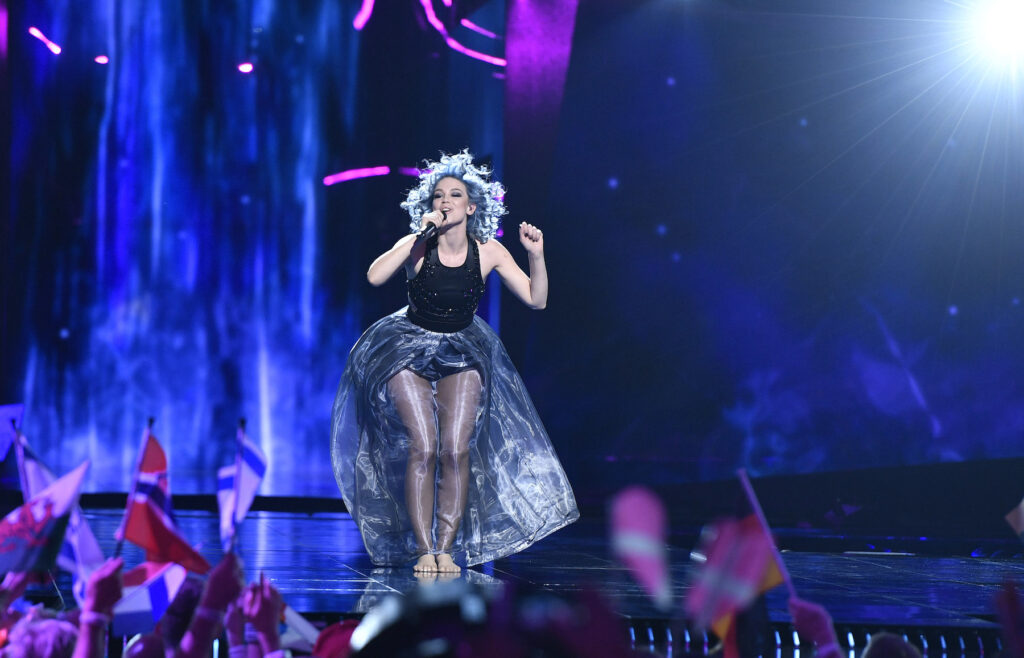
While Eurovision is a place for countries to celebrate their culture, it has also become an important celebration of queer identity and the LGBTQ+ community. The Contest provides a space for acceptance and celebration, especially as some competing countries are not very LGBTQ+ friendly.
Many Eurovision stars have become modern queer icons, including Austria’s Conchita Wurst, who won in 2014; the Netherlands’ Duncan Laurence, who won in 2019; and members of the Italian band Måneskin, the 2021 winners.
Despite the sense of unity and togetherness with other artists, Rykka also says Eurovision fans can be particularly vicious. Rykka received a lot of scrutiny from the audience.
“They [fans] seem to forget that you’re a human with other humans who love you. But you sign up for that when you go on such a big stage,” Rykka says.
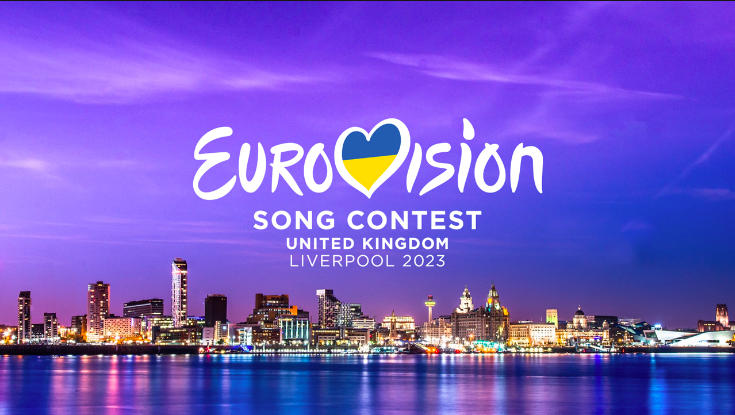
The 67th ESC will take place in Liverpool, with 37 nations competing. Britain has stepped in as the host country for Ukraine, which won the 2022 competition with the Kalush Orchestra.
While there may be tension between countries due to political factors, the real point of Eurovision is togetherness. Even though we may come from different countries and backgrounds, the contest focuses on one shared humanity.
And Forrer’s “Watergun” song is just that, “an appeal for peace and a hopeful future.”
Dieser Artikel darf frei weitergegeben und nachgedruckt werden, vorausgesetzt, es wird auf den Originalartikel verwiesen.
